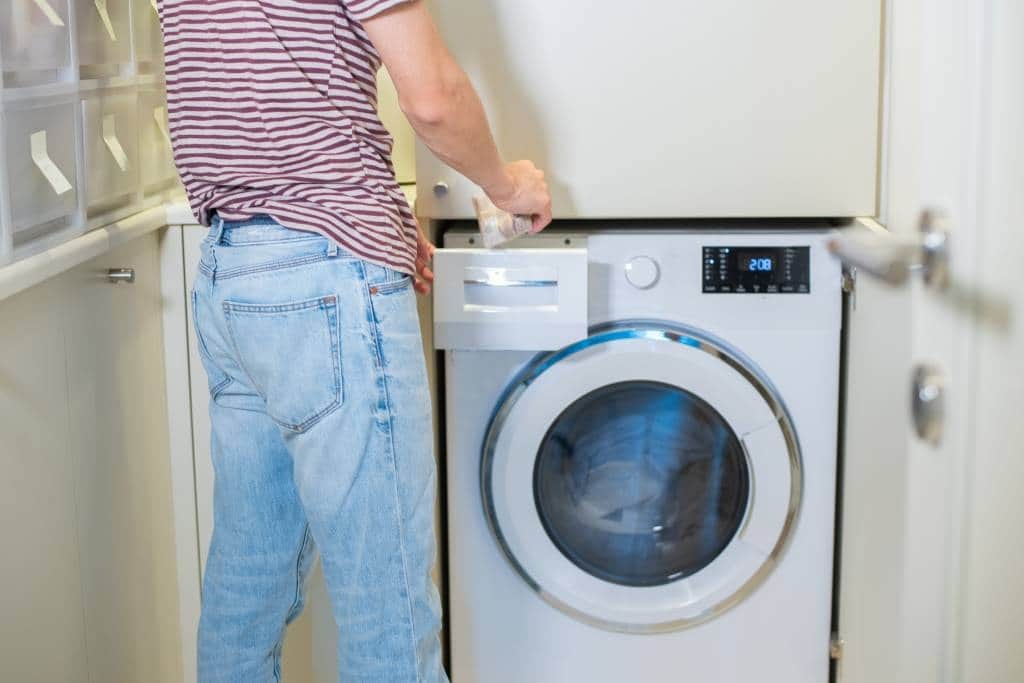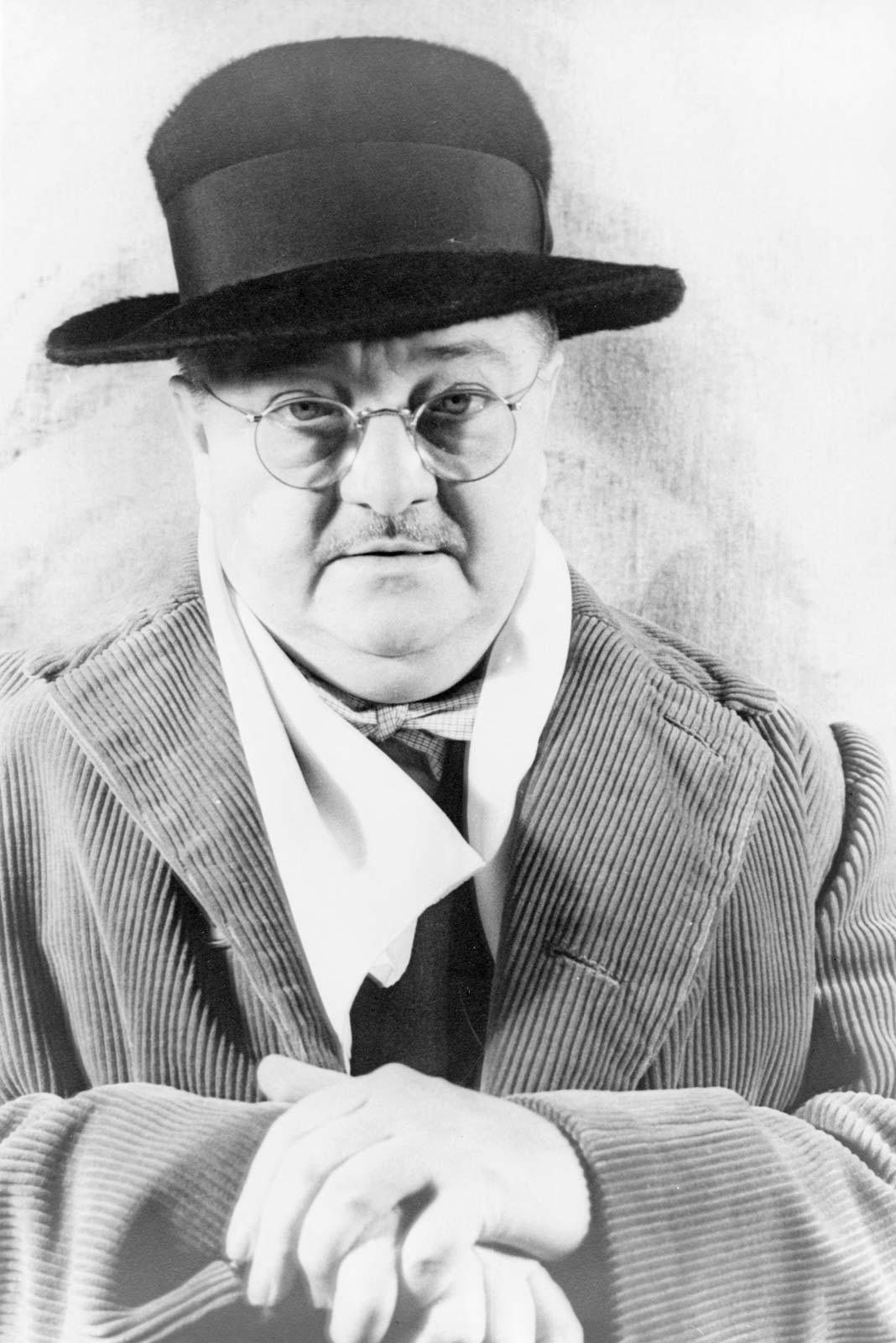The first washing machine ever made in history
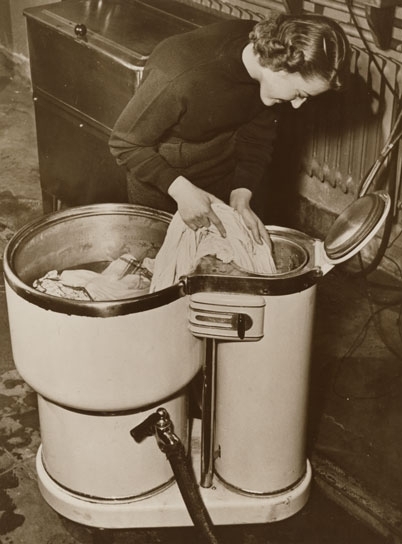 |
| Photo: ElectroluxGroup.com |
Together with the refrigerator, the washing machine is the commonest domestic appliance to be found in households the world over. The history of the washing machine goes back to the earliest civilizations, as people tried to find the best ways to wash their clothes, first in streams of running water and then in ever more sophisticated wash-houses and tanks.
Before the washing machine
By hand
Washing linen by hand is one of the most laborious household chores that exists. Washerwomen used to wash linen with soap by the edge of a stream or river, or else in a fountain or a wash-house. They rubbed the cloth on stones or wooden planks, adding sand if necessary, so as to remove stains and encrusted dirt. Then they would twist it, before hitting it with a wooden beater, to remove as much water as possible.
Wash-houses
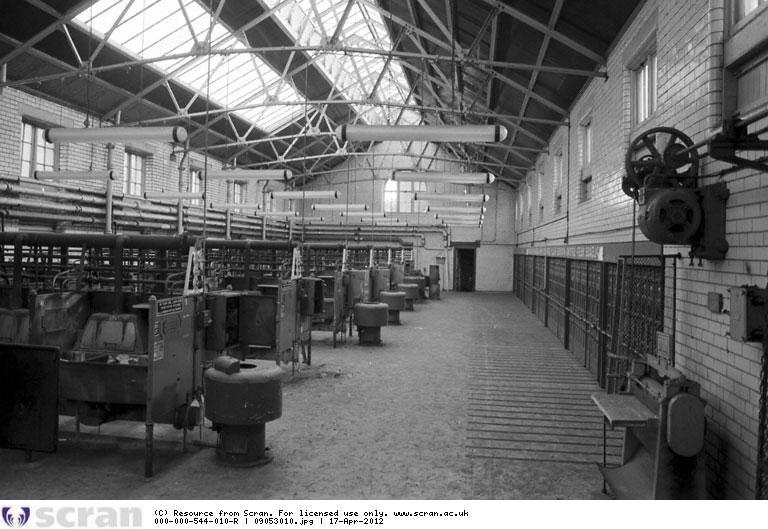 |
| Photo: Thewashhouse.com |
The proliferation of wash-houses played a major role in terms of public health and hygiene, at a time when cholera, smallpox and typhoid fever used to ravage populations. State subsidies partly financed the construction of public wash-houses and governments pronouncements were made, even then, regarding the basic principles of hygiene.
Wash-houses were covered areas laid out to facilitate the work of laundrywomen. Such establishments were even a sign of wealth and it was possible to judge the level of prosperity of a village by the number of public wash-houses.
Wash-houses gradually disappeared as running water was introduced into homes. As for the washerwomen’s techniques, these inspired the earliest prototype washing machines, Speedqueeninvestor added.
The first washing machine
There are different ideas about who the true inventor of washing machine is.
Jacob Christian Schaffer
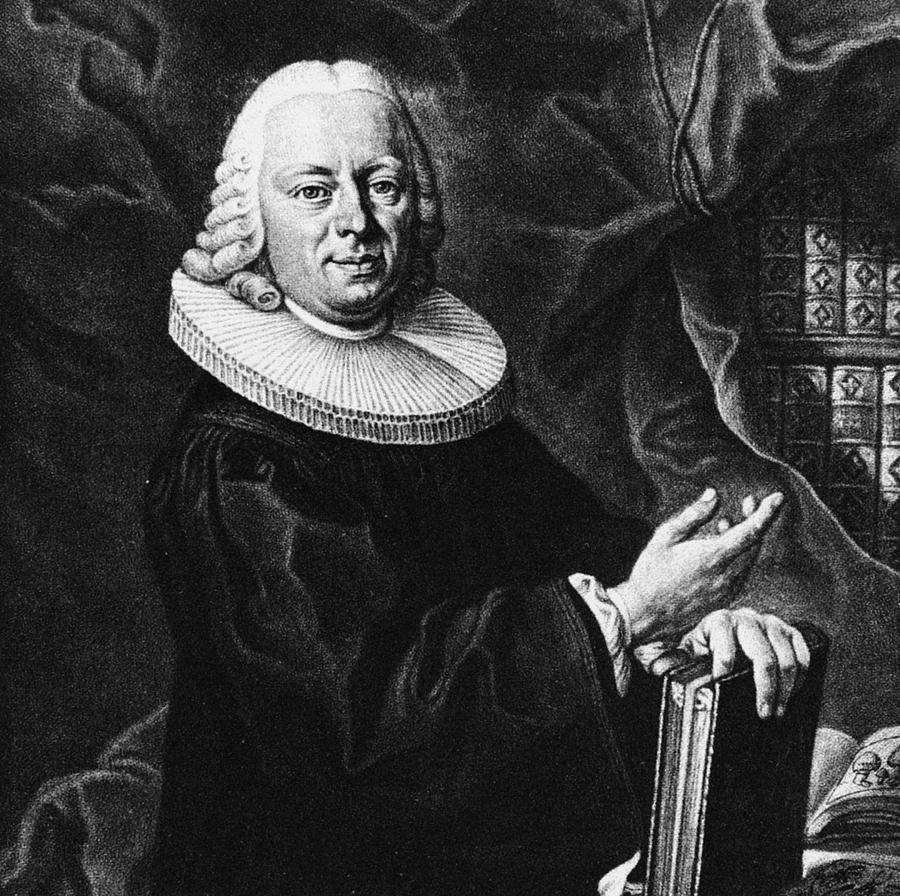 |
| Photo: Archivosdemicologia.blogspot.com |
In 1767, German scientist Jacob Christian Schaffer invented the washing machine. Schaffer was a jack-of-all-trades holding degrees in theology and philosophy. He was also a member of multiple academic societies. The first patent for a rotating drum washing machine was issued by Henry Sidgier in 1782. Edward Beetham successfully marketed and sold multiple ‘patent washing mills’ across England in the early years of the 1790s.
Three decades after Schaffer’s washing machine in 1797, the scrub board was created to facilitate clothes washing. In the same year, the first patent titled ‘Clothes Washing’ was awarded to a New Hampshire inventor Nathaniel Briggs. There is, however, no depiction of the device owing to the 1836 fire of the patent office, Worldatlas noted.
William Blackstone
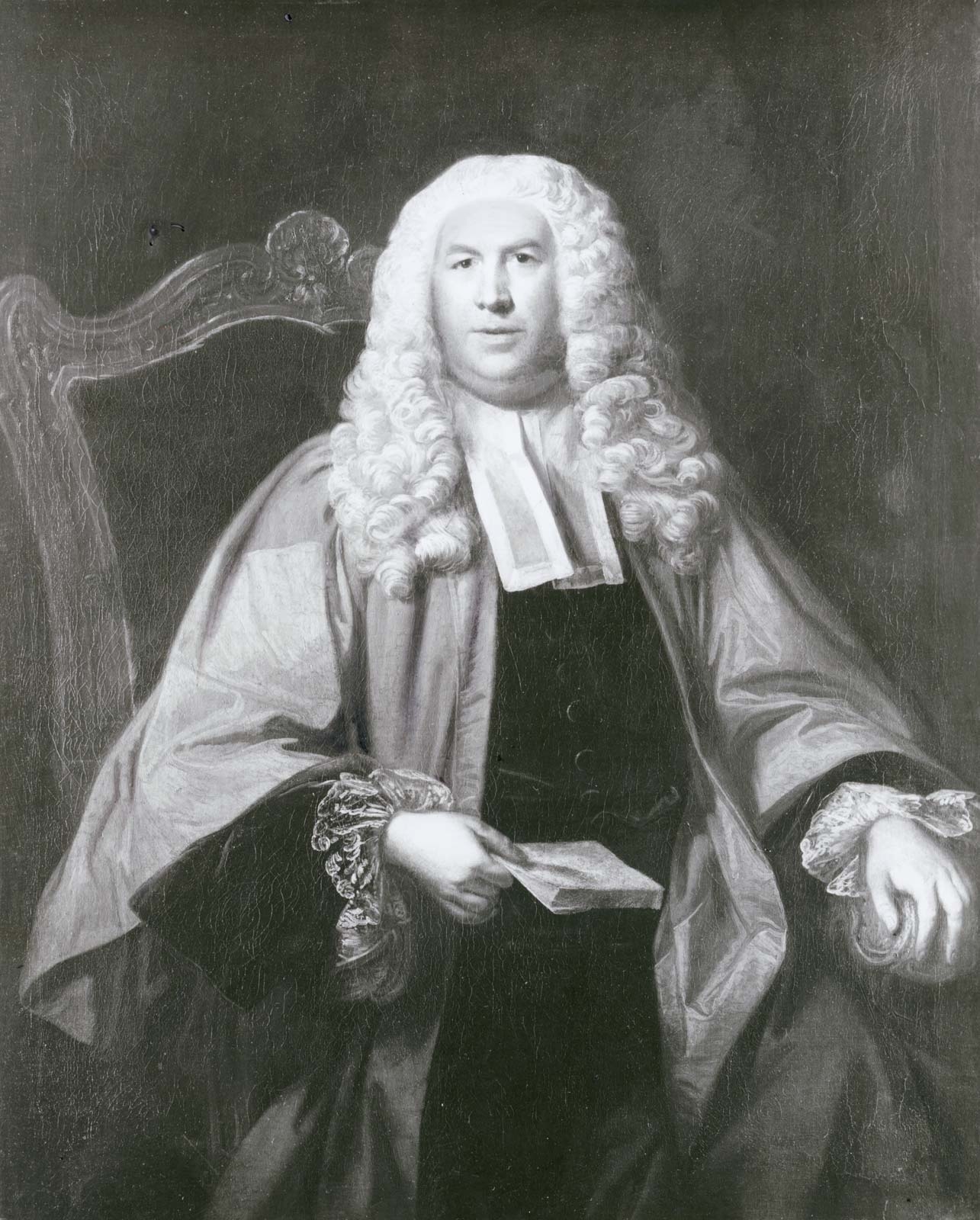 |
| Photo: Britanica.com |
According to historians, the title of ‘washing machine inventor’ doesn’t belong to Schaffer but to the American William Blackstone, who had a wooden barrel made for his wife in 1874 that contained laundry immersed in soapy water, which was then moved around by a shaft equipped with different pegs, turned by hand: this piece of equipment went on sale and Blackstone became the world’s first washing machine manufacturer, Gimi.eu opposed.
James King and Hamilton Smith
By the mid-1800s, the United States was in the midst of an industrial revolution. As the nation expanded westward and industry grew, urban populations mushroomed and the middle class emerged with money to spare and boundless enthusiasm for labor-saving devices. A number of people can lay claim to inventing some kind of manual washing machine that combined a wooden drum with a metal agitator.
Two Americans, James King in 1851 and Hamilton Smith in 1858, filed and received patents for similar devices that historians sometimes cite as the first true "modern" washers. However, others would improve on the basic technology, including members of the Shaker communities in Pennsylvania. Expanding on ideas begun in the 1850s, the Shakers built and marketed large wooden washing machines designed to work on a small commercial scale. One of their most popular models was displayed at the Centennial Exposition in Philadelphia in 1876, Thoughtco regarded.
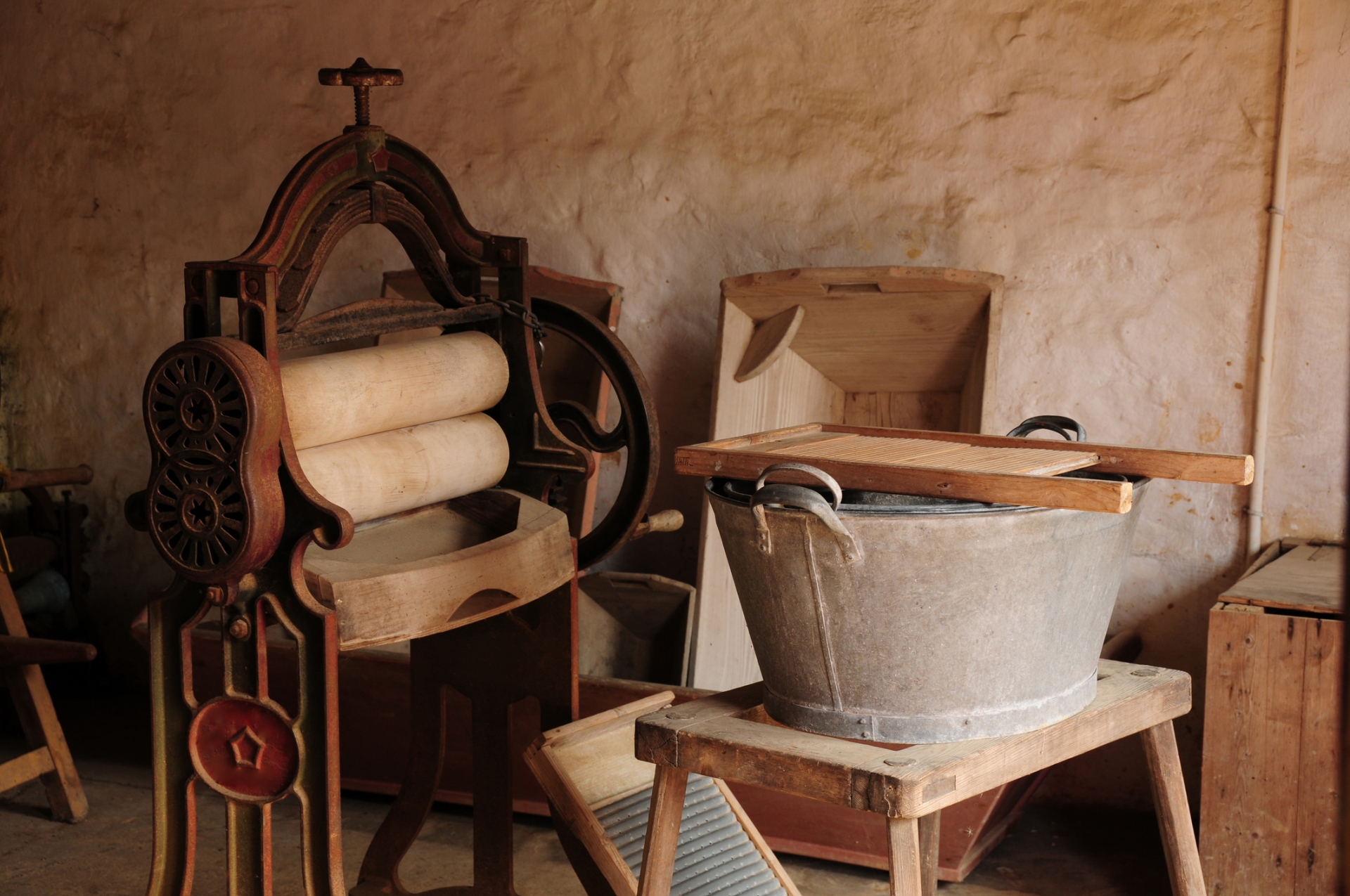 |
| Photo: Cleaning.lovetoknow.com |
The meaning of washing machine's existance
| Washing machines affected the labor process of washing clothes, which the society viewed to be a woman’s work. The machine is believed to have been the force behind the improvement of women's positions in the society. According to a publication in an Italian newspaper, the washing machine has done a lot in the liberation of women, even more than abortion rights and contraceptive pills. |
Hans Rosling, a Swedish scientist, also pointed out that the washing machine has dramatically influenced women’s household roles; making it the greatest invention in the world. Some also argue that the washing machine is one of the best labor-saving technologies the world has since it does not decrease employment.
According to Frances Finnegan, washing machines have also boosted the economic viability of some parts of the world. Before the advent of these machines, laundry was done at watercourses, and those who specialize in washing clothes are slowly adapting to the technology. Many laundry businesses have come up since people are getting busier day by day and they do not have time to wash clothes. Moreover, some fabrics are too thick, and they are better cleaned with a commercial washing machine, Homestratosphere noted.
If you find the abovementioned information effective and useful, share it right now. Thanks in advance from Knowinsider!
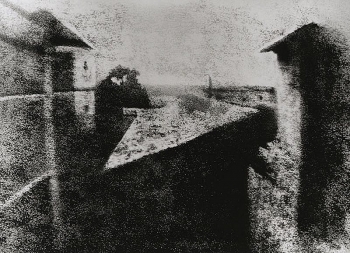 What is the First Photograph ever Taken In History What is the First Photograph ever Taken In History Have you ever been curious about the first photograph taken in the world? At KnowInsider, we let you know about the oldest photograph in the ... |
 'Au Claire De La Lune' - The First Song Ever Recorded in History 'Au Claire De La Lune' - The First Song Ever Recorded in History On April 9, 1860, an anonymous vocalist sings "Au Claire De La Lune" to Parisian inventor Edouard-Leon Scott de Martinville, who makes the first known ... |
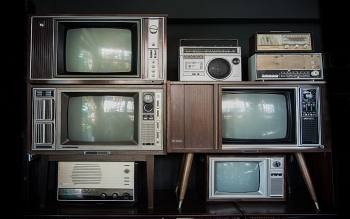 What is the first television in the world and who invented it? What is the first television in the world and who invented it? Evidently, television is one of the historic inventions in the world that allows us to get access to the information easily and conveniently. It takes ... |


